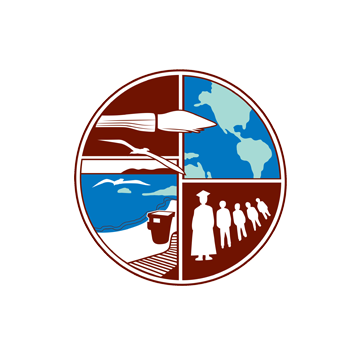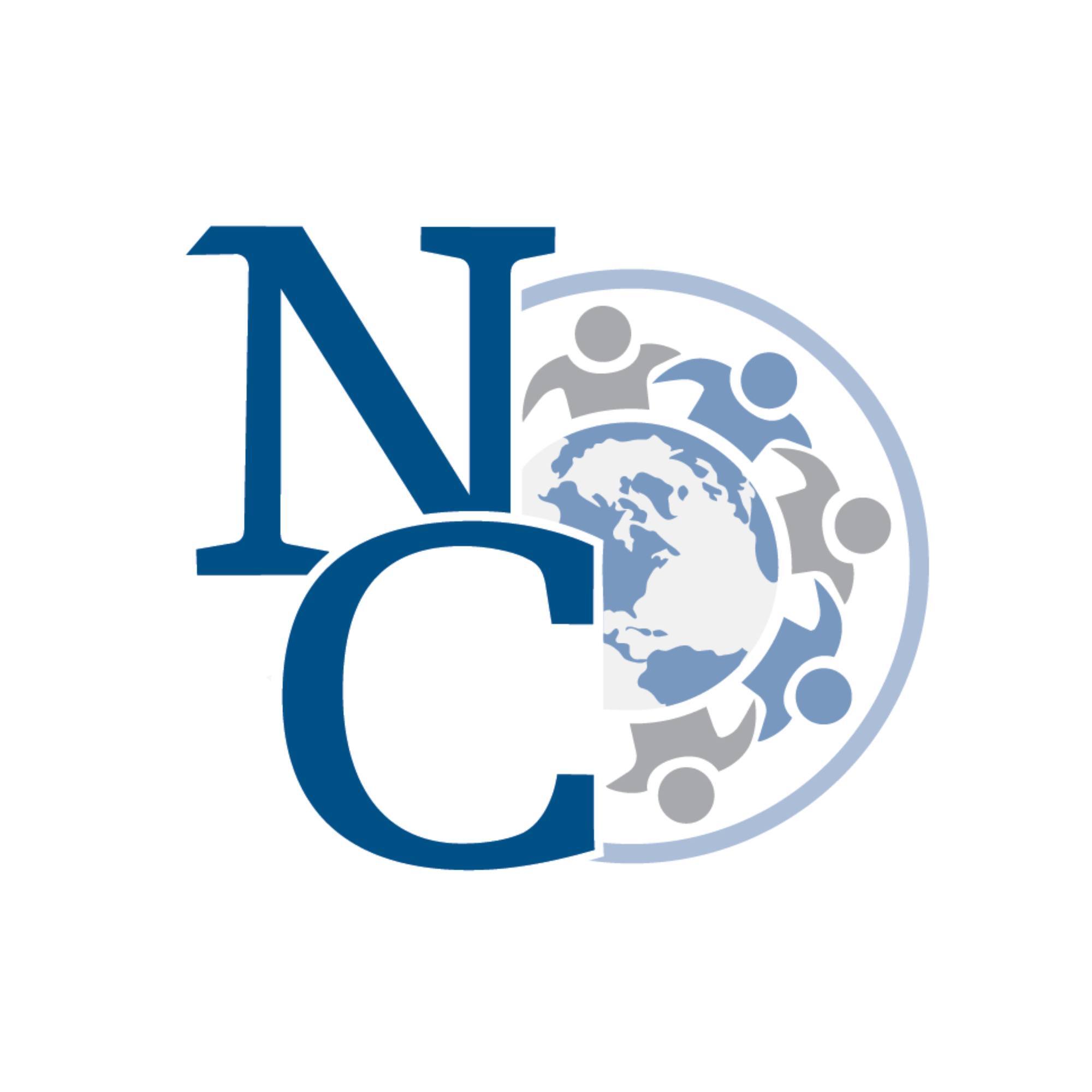In Belén Consolidated Schools, a district serving 3,600 students in New Mexico, Superintendent Lawrence Sanchez saw both a challenge and an opportunity with the rise of AI in education. He understood that supporting teachers meant more than handing them new tools—it required reshaping mindsets. Sanchez set out to build trust in AI by showing how it could automate time-consuming tasks and give educators back the time they needed to teach.
Challenges
- Educators lacked a unified system to bring together academic, behavior, attendance, and life skills data in a way that informed their daily work.
- Routine but necessary tasks—like writing Present Levels of Performance (PLPs)—consumed hours that could be spent supporting students.
- The district struggled to evaluate the impact of interventions across different student subgroups.
- Though AI was emerging as a useful tool to meet these challenges, some staff were hesitant about AI’s role in education, associating it with shortcuts rather than learning enhancement.
Solution
Results
- Panorama’s data workflows and AI automation saved teachers 30 min to 1 hour per PLP, giving teachers more time to focus on instruction.
- The district saw increased comfort and engagement with AI tools across teams, especially among those initially skeptical.
- District leaders could triangulate multiple data streams to better assess the effectiveness of their interventions.
- Belen is on its way to building a data-oriented culture, from the classroom to the district office.
Challenges
Educators in Belén Consolidated Schools were doing everything they could to support students, but too often, their time was consumed by documentation, data wrangling, and paperwork that pulled them away from the classroom. For Superintendent Sanchez, the problem wasn’t effort—it was inefficiency.
Despite having access to a range of data sources, the district struggled to synthesize insights efficiently. District leaders were building robust spreadsheets with complicated pivot tables just to analyze student data across multiple subgroups. They sought to understand the full picture of student performance by looking at what Sanchez calls “the ABCs plus one”: attendance, behavior, and course performance, plus student perception data gathered from Panorama Surveys and Engagement. The district needed a way to clearly view—and take action on—this data.
Additionally, teachers were spending hours writing Present Levels of Performance (PLPs), a required component of a student’s Individualized Education Program (IEP) that summarizes their current academic and functional abilities, serving as the foundation for setting goals and planning supports. Teachers needed a system that could bring the necessary data together in a user-friendly, actionable way.
However, many educators were wary of new technologies, especially AI. “Teachers tell me, ‘I don't like AI—that's just used to cheat.’” Sanchez said of his staff’s hesitance. Even so, Sanchez saw an opportunity to make their work more manageable through the right tools. “When I first started teaching 30 years ago, how did we take role? We wrote it down in our grade book. Then what happened? Technology made it easier. So when teachers tell me, ‘I don't have enough time to do all my duties,’ I ask them, ‘What if I make it easier for you to do your duties?’”
Solution
Belén Consolidated had been using Panorama Student Success and Panorama Surveys and Engagement since 2023, but adding Panorama’s AI-powered tool Solara in 2024 enabled the district to reach new heights. Student data was always available, but Solara’s simple interface and robust capabilities made it faster and easier to actually do something with the data.
For example, the district uses Panorama Student Success to filter students who scored in particular ranges on their Istation assessments. Now, thanks to Solara, the next step comes faster. “I can take that data and say, ‘Can you give me some ideas of what I should do with these kids?’” said Sanchez. “Or, ‘Can you give me some tactics or practice lesson plans for them?’”

Panorama Solara securely connects with your district’s documents and Panorama data, providing AI-powered insights at the student level.
With everything connected through Panorama, teachers can move quickly from analysis to action. They can pull reports of students in need of support, generate intervention ideas and lesson plans with Solara, and actually implement strategies with Playbook, Panorama’s professional learning library of over 900 evidence- and research-based strategies. This workflow helps educators work smarter, not harder.
Sanchez modeled these and other use cases for educators in Solara training, something he believed was very important to attend, even as superintendent. “I do the Solara training because I want them to see that if an old guy can do it, so can you,” he joked. Sanchez encouraged exploration and gave teachers room to play as they learned. “I’d tell them, ‘I’m not telling you you have to use [AI] yet. But I’m trying to make your job easier for you because AI can do these things for you—especially as a teacher.”
Results
Solara has enabled educators to reclaim hours that can now be redirected toward planning, collaboration, and instruction—activities that directly benefit students. Sanchez estimates that teachers save 30 minutes to one hour per PLP thanks to Solara.
Staff have also successfully used Solara to save time creating reading groups, developing lesson plans based on real-time test data, and aligning interventions across academics, behavior, and attendance. The ability to triangulate data helped district leaders see which supports were truly working—and for whom.
Even more exciting has been the cultural shift Sanchez has witnessed. “I have one teacher—a great teacher—but he was one of my naysayers [about AI] at the beginning. After about two hours of training, he told me, ‘At first I came in here and thought, I don't know why I'm doing this. They're making me do this. This is dumb. But now I'm going to use it. I know this is going to help me.’ I said, ‘Amen!’”
For Sanchez, the district’s journey with AI has been about building capacity, not replacing people. His advice to district leaders is clear: embrace the shift, but do it thoughtfully. “Come to the trainings. Yes, you have to come, too,” he said. “AI at the district level is not optional. We're going to be the early adopters. We are going to be the ones that champion the use of AI.” By embracing AI with intention and integrity, Belén Consolidated is not just keeping up with change—they’re leading it.










![How AI Ready Is Your District? [Infographic]](https://www.panoramaed.com/hubfs/iStock-1912513615.jpg)